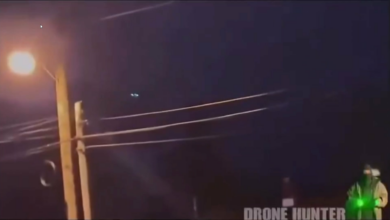What Type of Evidence Do You Expect from Whistleblowers to Trust Their Claims?
Understanding the Whistleblower Dilemma: Why Tangible Evidence Remains Elusive
In the ever-evolving landscape of whistleblower revelations, a critical point of contention lies in the absence of concrete evidence. This issue remains a mystery wrapped in governmental and military secrecy, leaving many in the public feeling frustrated and incredulous. However, there are significant reasons why tangible proof from whistleblowers is not readily available.
First and foremost, it’s crucial to recognize that the evidence whistleblowers allude to is highly classified and securely stored. If it were easily accessible, it would undermine the effectiveness of our military and government operations. This impenetrable security is why whistleblowers are unable to produce hard evidence for public scrutiny. The general populace may not fully comprehend the stringent protocols surrounding classified information, leading to unrealistic expectations.
When whistleblowers, such as Lou Elizondo or David Grusch, come forward, their revelations are primarily based on their own testimonies. These accounts are often dismissed by skeptics as mere "trust me bro" stories due to the lack of physical evidence. Unfortunately, this is the closest the public can get to the truth without breaches of national security.
As a former military policeman, I can confirm that attempting to trespass or storm these secure facilities would be met with severe consequences, including the use of lethal force if necessary. The locations of these sensitive materials are safeguarded meticulously, and any unauthorized attempts to access these sites would be thwarted decisively.
Until laws governing the disclosure of classified information change, word of mouth is the only means whistleblowers have to relay their experiences. Accepting this reality is essential for a more informed and realistic public discourse on the matter. For now, tangible evidence remains out of reach, hidden behind layers of governmental security, until such a time that authorities decide to declassify and make such information available.
In conclusion, while the public’s demand for proof is understandable, it’s important to realize that current whistleblower accounts represent the limits of what can be shared. Patience and a nuanced understanding of the complexities involved are key as we navigate these sensitive disclosures.




